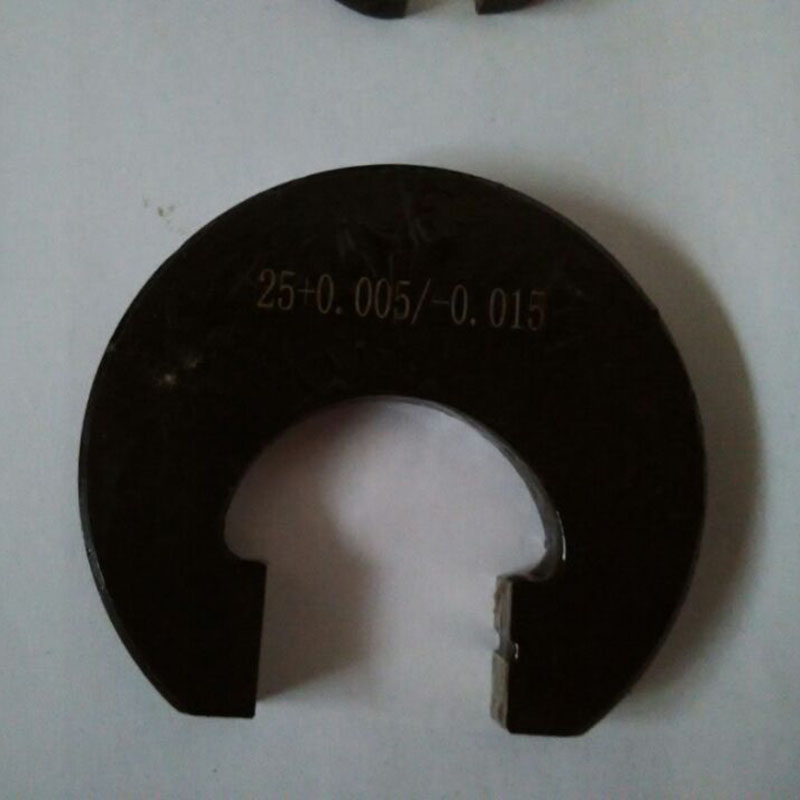Dec . 01, 2024 02:44 Back to list
safety check valve
The Importance of Safety Check Valves in Industrial Applications
In the realm of industrial processes, safety is paramount. One crucial component that plays a vital role in maintaining safety and efficiency is the safety check valve. This device is designed to prevent backflow in piping systems, ensuring that fluids flow in one direction only. The significance of safety check valves cannot be overstated, as they protect equipment, maintain system integrity, and enhance operational safety.
Safety check valves are engineered to respond quickly to changes in fluid dynamics. In applications ranging from water supply systems to oil and gas pipelines, these valves serve a critical function they automatically close when fluid reverses direction, thus preventing potential damage caused by backpressure or contamination. For instance, in water treatment facilities, a safety check valve prevents treated water from flowing back into the raw water supply, preserving the quality of the water and protecting public health.
One of the most common types of check valves is the swing check valve, which uses a hinged disc to allow or obstruct flow. When fluid moves in the intended direction, the disc swings open. However, if the flow tends to reverse, the disc swings back to its closed position, effectively blocking any backflow. This mechanism is fundamental in systems where gravity plays a role in fluid movement. Additionally, there are other designs, such as the lift check valve and the ball check valve, each suited for specific applications depending on factors like pressure levels, flow rates, and the type of fluid being handled.
safety check valve

The installation of safety check valves also plays a critical role in the design of drainage systems. In urban settings, these valves are crucial in preventing flooding and maintaining sewage system functionality. By ensuring that wastewater does not flow back into clean water lines or surface drainage, safety check valves protect both infrastructure and public health.
Furthermore, safety check valves are indispensable in the oil and gas sector. In this industry, the risks associated with backflow can be catastrophic, potentially leading to leaks or explosions. Implementing safety check valves in pipelines and storage tanks helps mitigate these risks, providing a layer of safety that is essential for the protection of workers and the environment.
Regular maintenance and testing of safety check valves are critical for their effective operation. Over time, components may wear out, and debris may accumulate, hindering the valve’s ability to function properly. Routine inspections allow for the early detection of issues, ensuring that these valves operate as designed when needed the most.
In conclusion, safety check valves are a fundamental element of many industrial systems, providing essential protection against backflow. Their ability to maintain the integrity of fluid systems not only enhances operational efficiency but also safeguards public health and the environment. By prioritizing the installation and maintenance of safety check valves, industries can significantly reduce the risk of accidents, ensure compliance with safety regulations, and contribute to the overall effectiveness of their operations. As technology continues to advance, the evolution of safety check valves will further improve their performance and reliability, solidifying their place as a cornerstone of safe industrial practices.
-
Y Type Strainer Maintains System Efficiency Long TermNewsJul.15,2025
-
Valve Selection Guide for Industrial ApplicationsNewsJul.15,2025
-
Steel Fab Table Provides Durable Work Surface for WeldingNewsJul.15,2025
-
Pad Iron Provides Stable Support for Heavy MachineryNewsJul.15,2025
-
One Inch Check Valve Fits Standard Plumbing SystemsNewsJul.15,2025
-
Measuring Micrometer Ensures Precise Dimensional AccuracyNewsJul.15,2025
Related PRODUCTS









